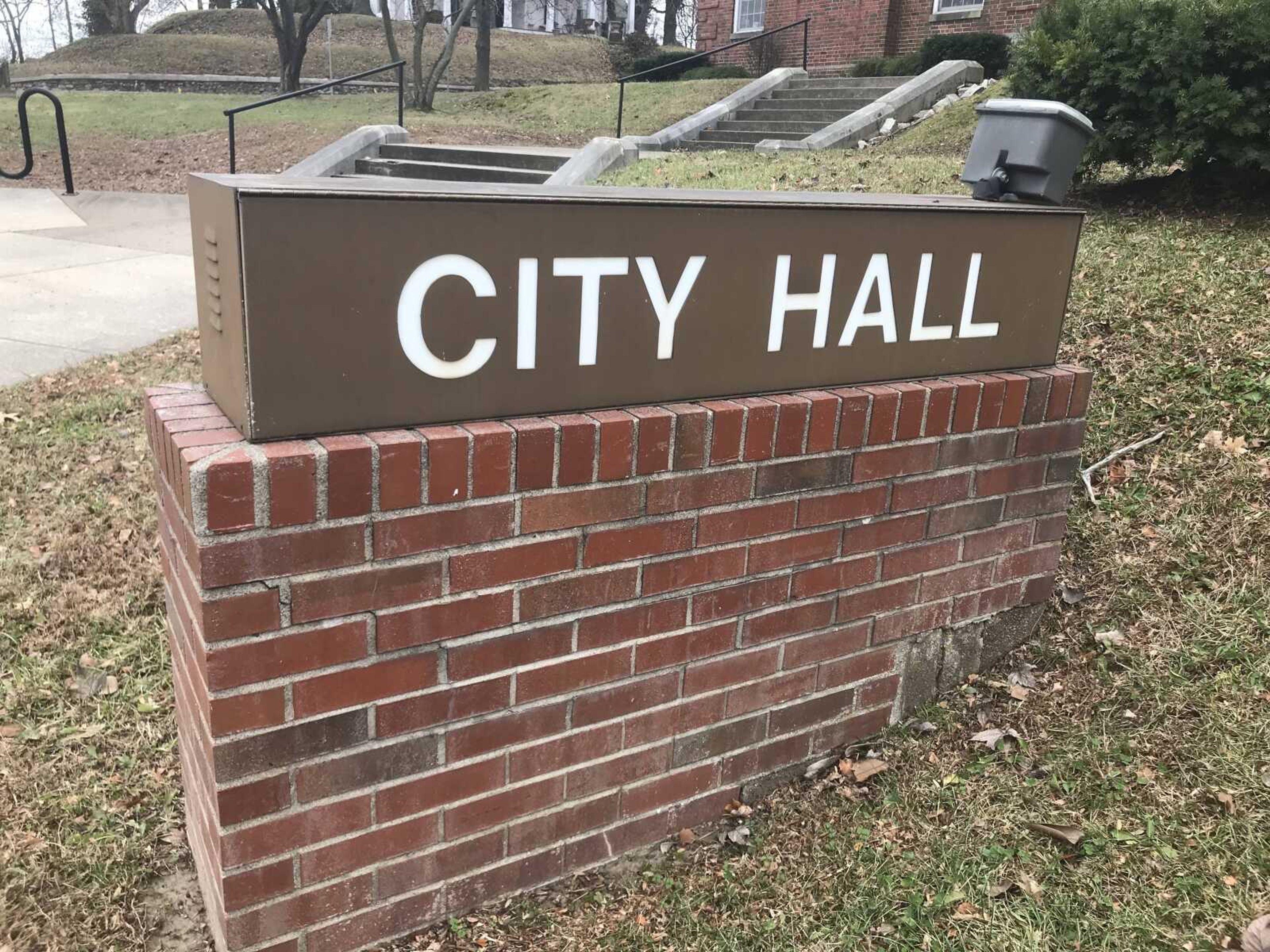A cyber attack against the city of Cape Girardeau has led to weeks of “confusion and chaos,” said deputy city manager Molly Mehner.
The attack happened Jan. 18, and Mehner said city staff is still seeing its effects on government and resident affairs.
“It really had a very significant impact on our normal, day-to-day operations in the city,” Mehner said.
Mehner said they had begun to notice system deficiencies, and file and email servers crashed and became unservicable.
She does not know what the cyber criminals were targeting, she said, so there’s no reason to think the attackers stole any of the city’s data. Rather, Mehner said, they just encrypted the city’s files, making them inaccessible.
“It’s hard to say what they were really after, other than just causing a lot of confusion and chaos for us for a couple weeks,” Mehner said.
The 911 communication systems are on a different server, so those operations were safe for anyone that was in need of emergency help, she said.
More than 700 city employees and any customers who have been trying to pay bills online have been delayed, she said, as the city struggled with their network and communication system being encrypted.
“So it’s had a very wide-spread effect on our community,” she said.
Mehner credits her staff for their continuing efforts to get operations running smoothly again.
Though it will take some time to get the utility bills cleaned up and organized, and as staff gets communication systems back online, Mehner said city operations are returning back to normal.
Cybersecurity major Luke Skaggs worked for the city’s parks and recreation staff as a contracted referee. He has had trouble receiving compensation for the time during which he worked for the city.
Professor Mario Garcia, director of the Institute for Cybersecurity at Southeast, said the motivation behind many cyber attacks involving encryption are used to extort money.
“It’s not an isolated incident, what happened in Cape,” Garcia said.
The city should educate city staff on avoiding emails with suspicious and potentially harmful downloads, Garcia said.
“In a small organization - a small company - the belief is that if they have a firewall, and as I read in the case of Cape, if they have anti-virus, they are protected,” he said. “That’s not the case.”
These cities are often targeted because the hackers believe the governments won’t have local staff who can combat cyber attacks, he said.
Garcia encourages the city to employ the services of students learning the discipline from the cybersecurity department.
It’s not clear where the attackers may have been based, he said, since professional hackers are often not based in the United States but target city governments they expect will be able to pay ransom money for information.
In this case, Garcia said he’s open to working with the city on security measures.
“I’m discussing this with my provost so that we can service the community, the middle schools, high schools and the city, training people how to protect and defend against these attacks,” he said. “I hope that they learned the lesson that it’s worth investing in protecting the network.”
He said if the city government does don’t invest to protect the network, a similar hack could happen in the future.
Mehner said the FBI has been contacted, and they are currently investigating the attack and its perpetrators.





